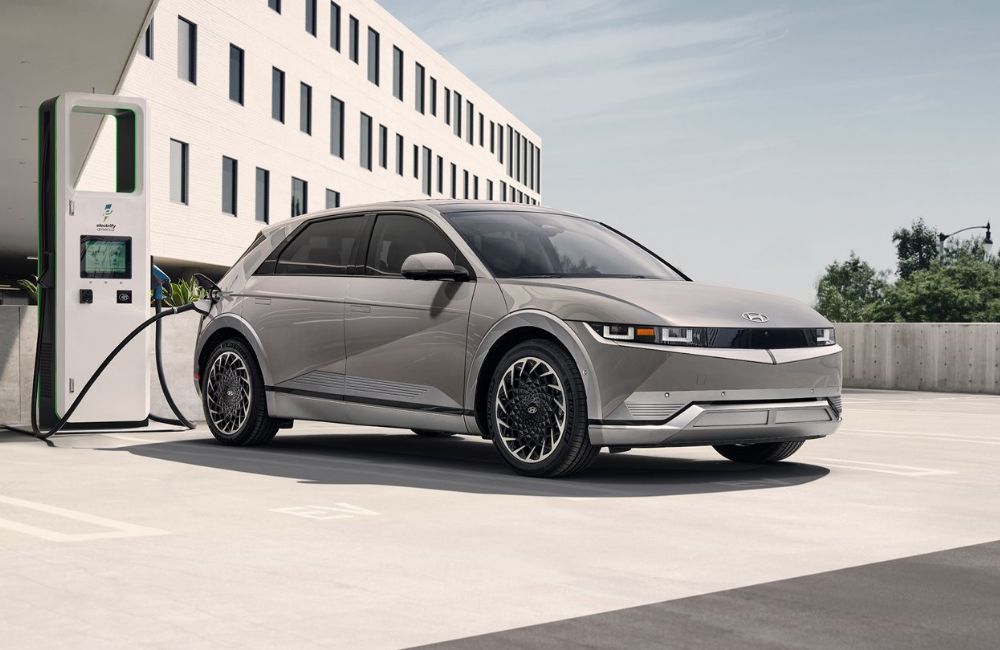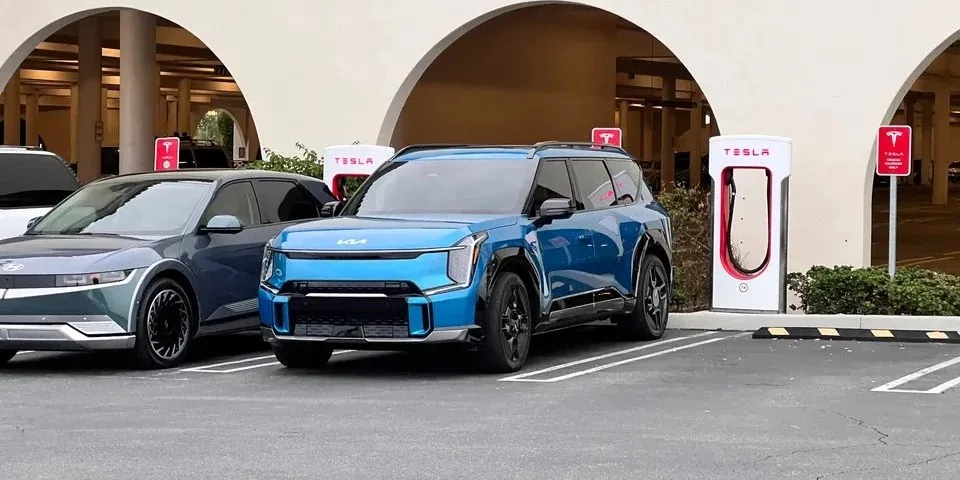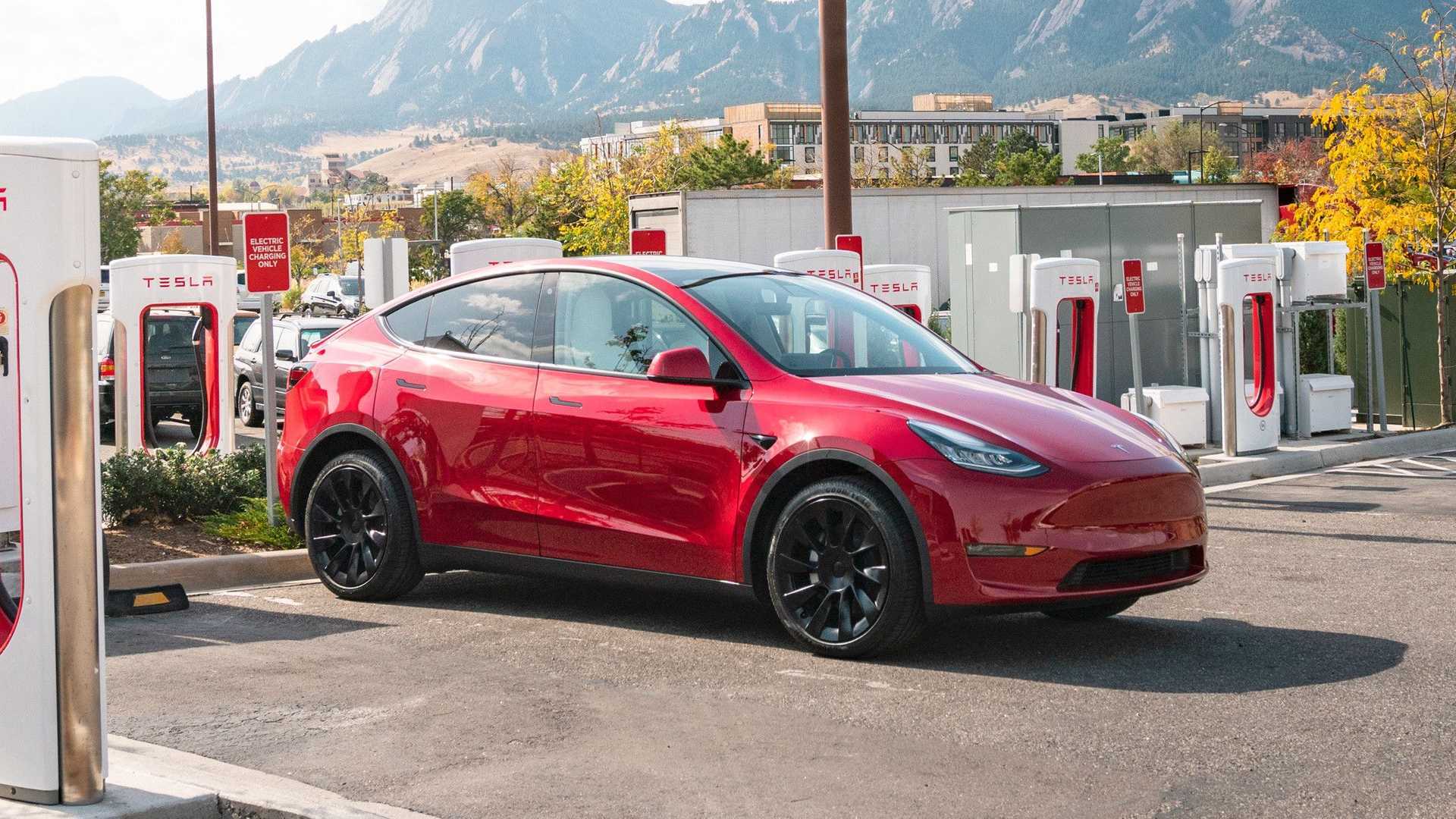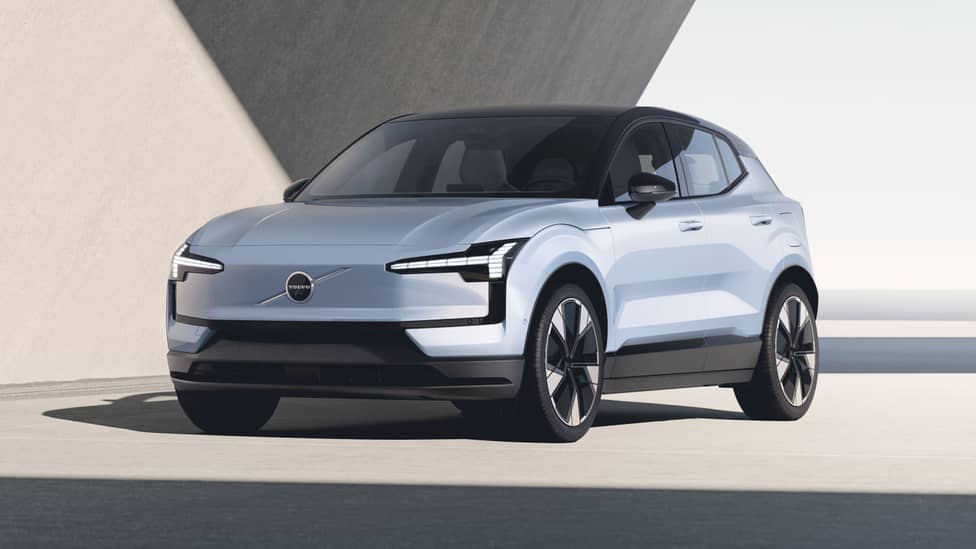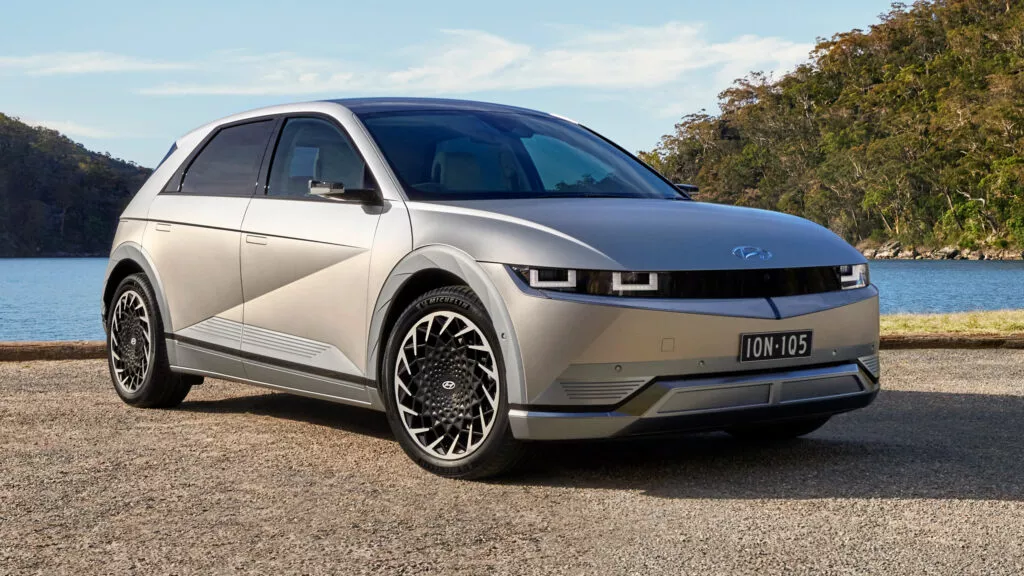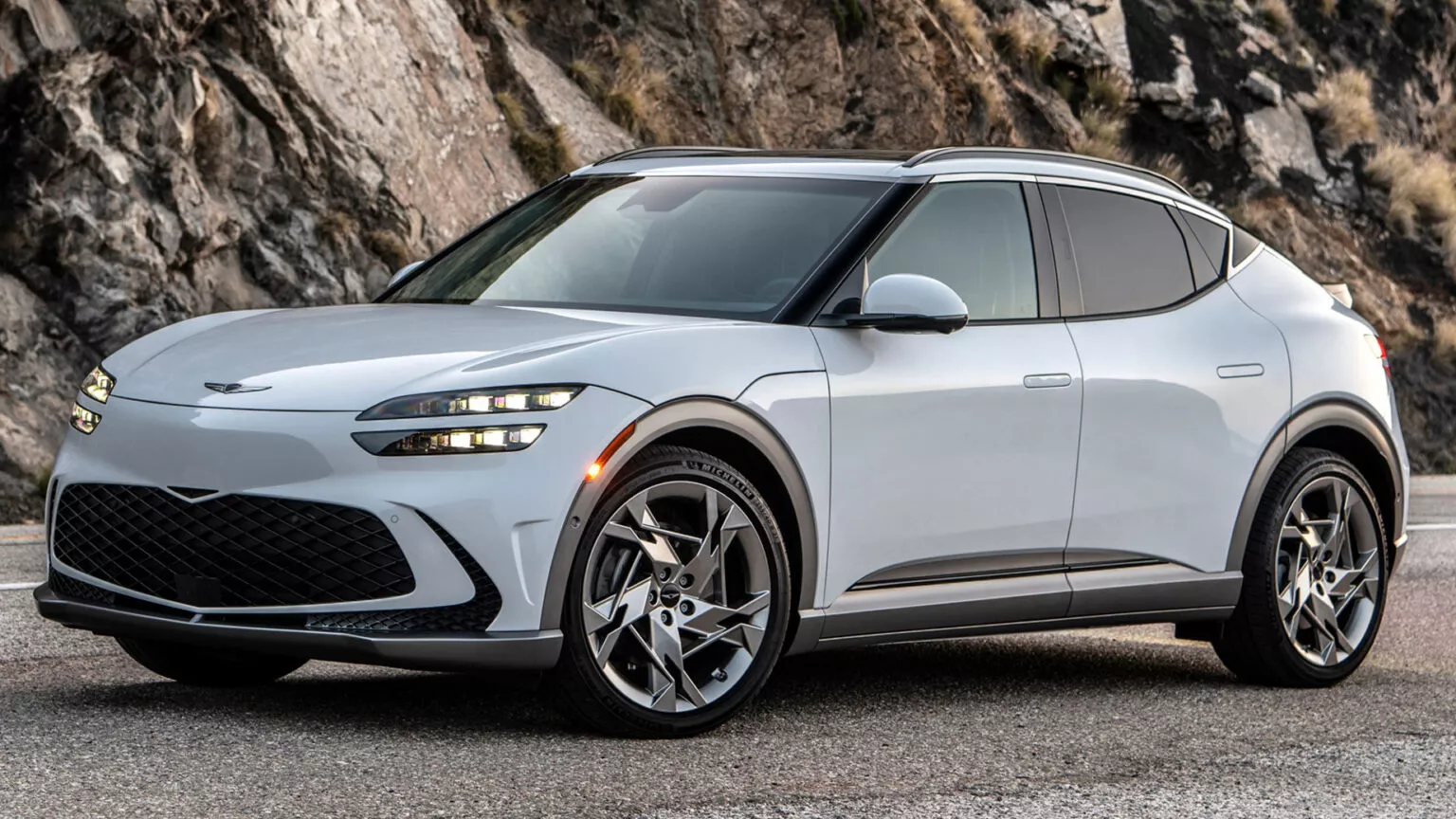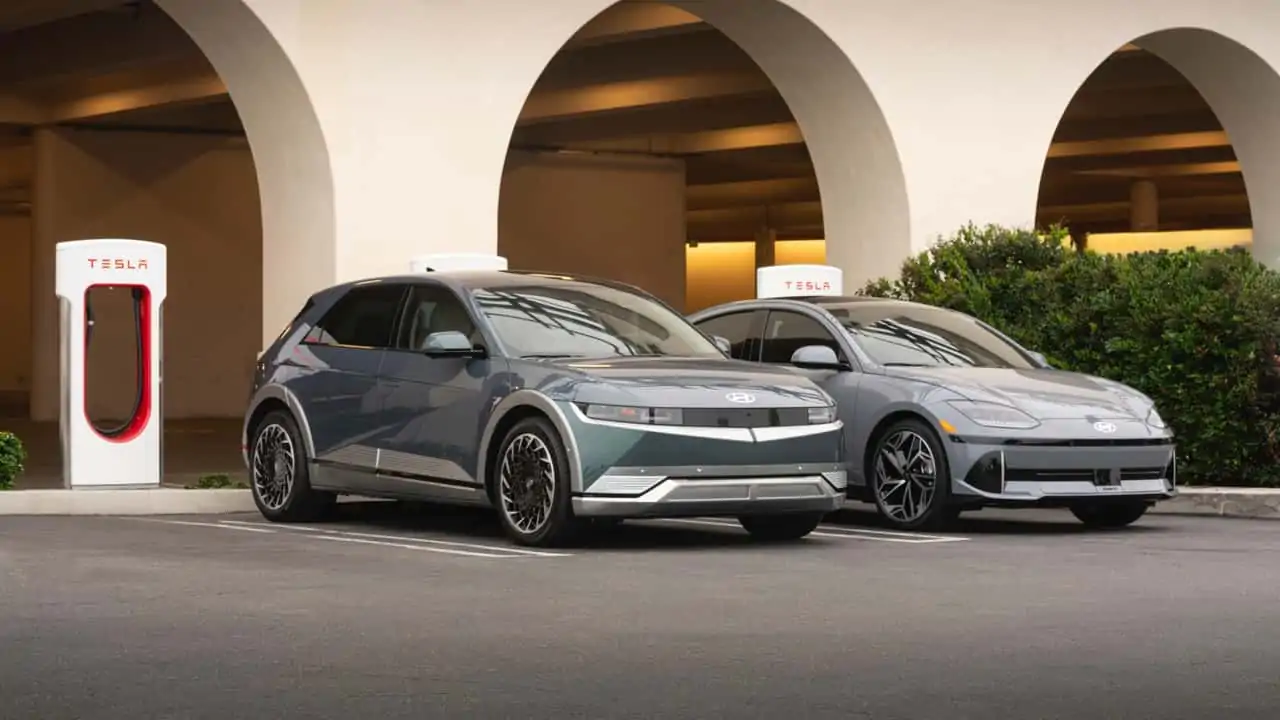Hyundai and Kia have unveiled significant price cuts for several of their EV models in South Korea. This strategic move coincides with the South Korean government’s decision to expand subsidies to rekindle interest and demand for clean vehicles, as reported by Bloomberg.
Both Hyundai and Kia, in separate statements, confirmed their plans to reduce the prices of select electric models, including the Hyundai Kona EV, Ioniq 5, and Ioniq 6, as well as the Kia EV6, Niro EV, and Niro Plus, a roomier variant manufactured by the brand’s PBV (purpose-built vehicle) division. These price adjustments are set to take effect next month and will remain in place until the end of 2023, aligning with the government’s temporary subsidy extension.
Notably, the price reductions are substantial, with the Hyundai Ioniq 5 seeing a reduction of up to 8 percent, making it available for approximately $34,100 (46 million won), a decrease of nearly $3,000. Residents of Seoul, the capital city of South Korea, will further benefit from local subsidies, which could bring the base price down to around $30,000 (40 million won).

These discounts are poised to highlight disparities in EV pricing across different regions globally, as some Hyundai and Kia models become up to one-third more affordable in South Korea compared to other countries.
For instance, the Ioniq 5 will become considerably more cost-effective in South Korea compared to the United States, where it starts at $41,450, and the United Kingdom, where prices begin at approximately $53,000 (43,445 pounds) before potential subsidies.
The price competition in South Korea was initiated by Tesla in July when it introduced its made-in-China Model Y SUV at a price point of $44,000. Further intensifying the competition, KG Mobility, previously known as SsangYong Motor, launched the BYD Blade battery-powered Torres EVX electric SUV for just $30,000.
Analysts anticipate that these price reductions announced by Hyundai and Kia will escalate the ongoing EV price war in South Korea, a market traditionally dominated by the two local automotive giants.
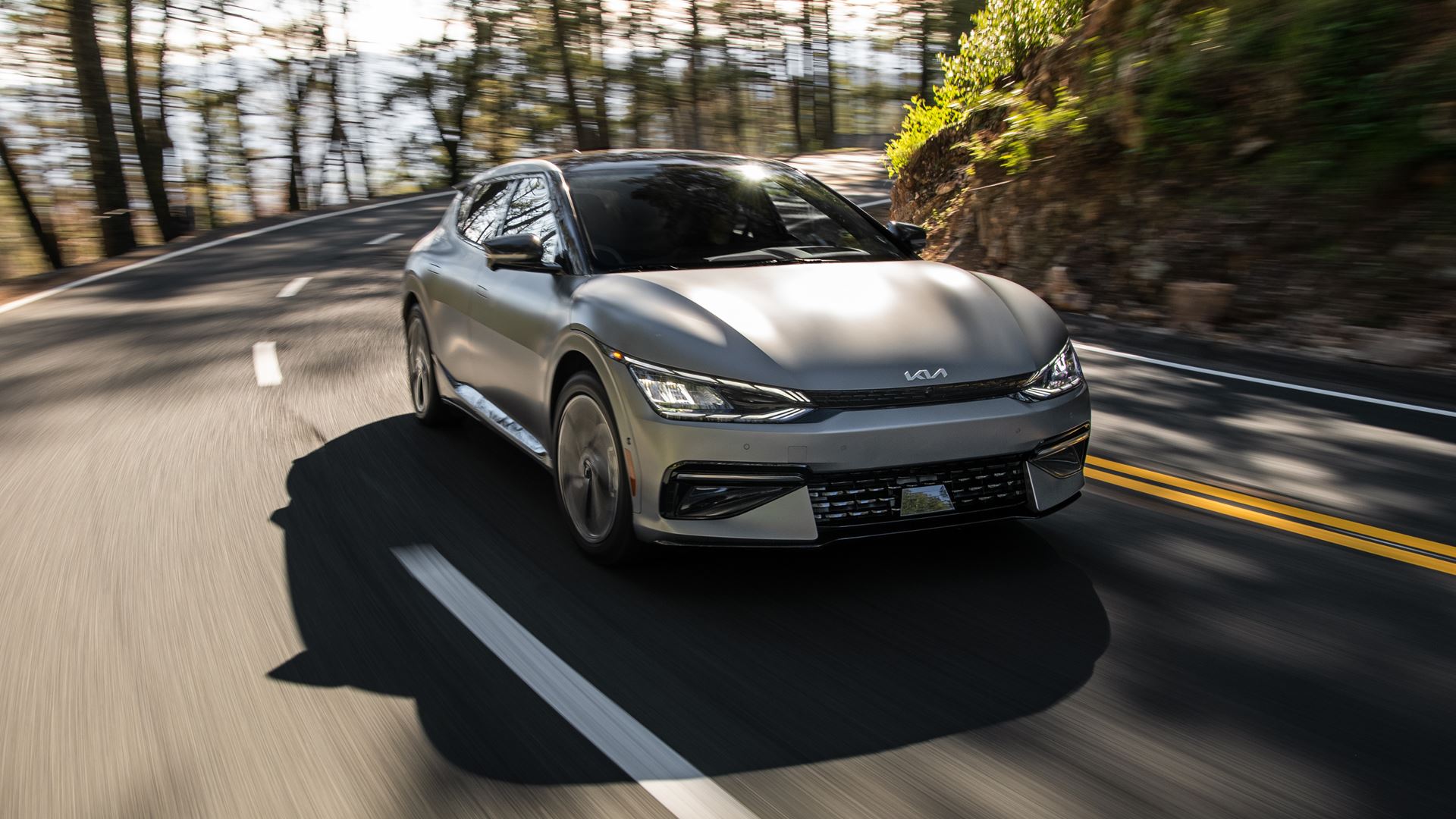
Lee Hang-Koo, head of Jeonbuk Institute of Automotive Convergence Technology, commented on the situation, stating, “A price war will intensify next year in Korea as foreign carmakers may release new models. US or European brands made in China could draw popularity.”
According to data from the Ministry of Environment, EV sales in South Korea during the first eight months of the year declined from 71,744 to 67,654 compared to the previous year, underlining the significance of these pricing adjustments to stimulate market demand.

